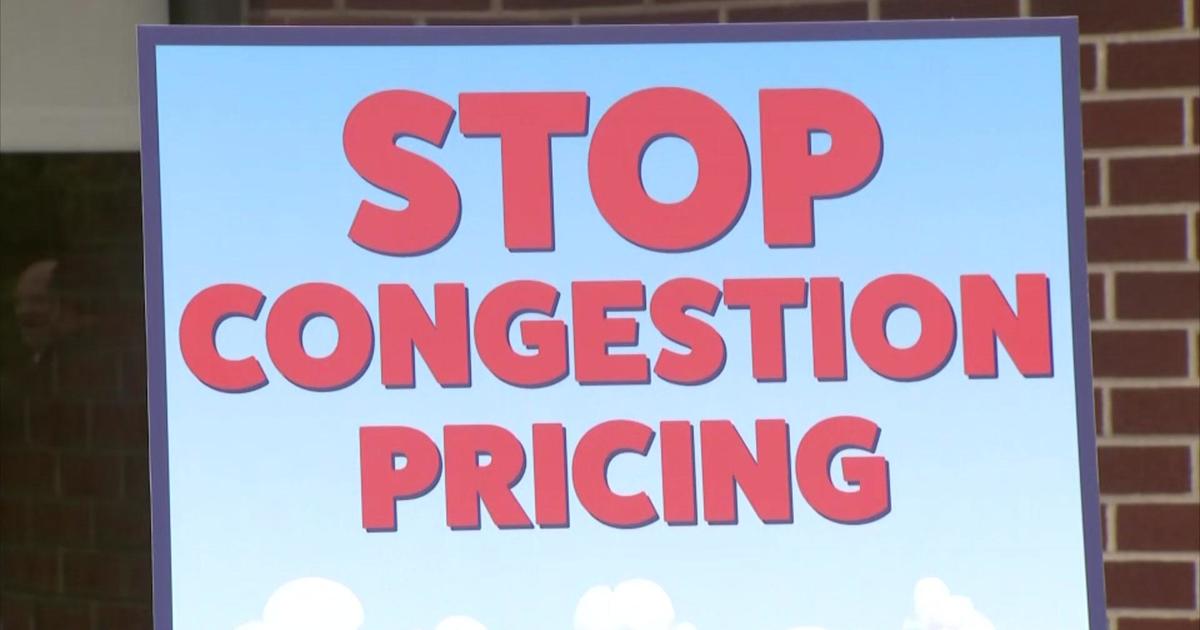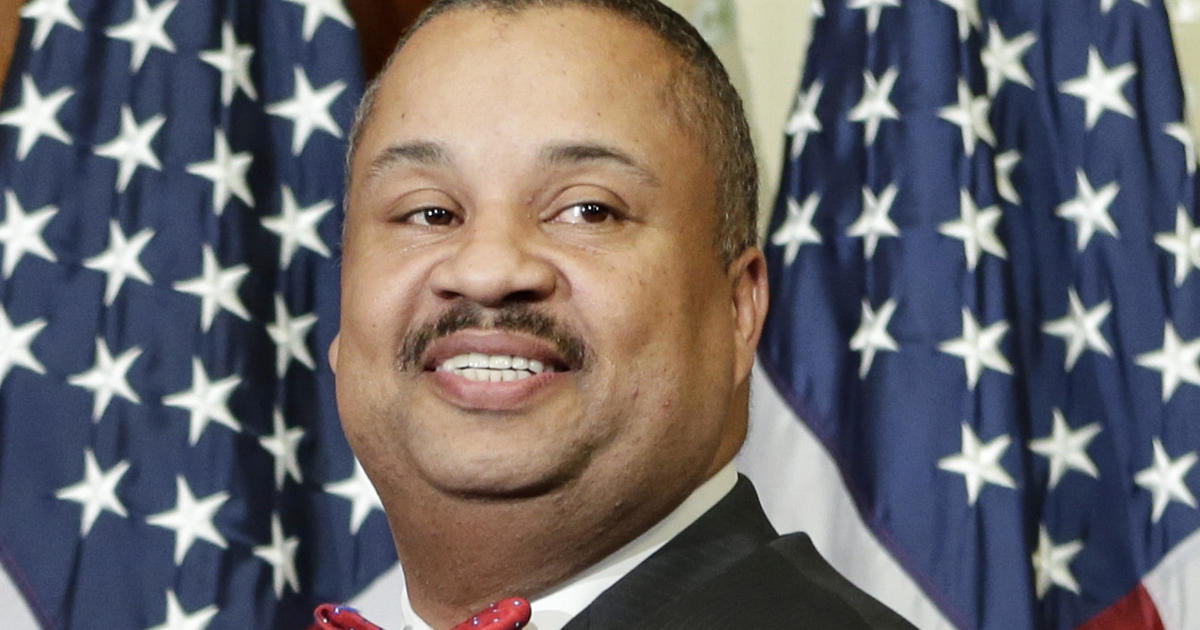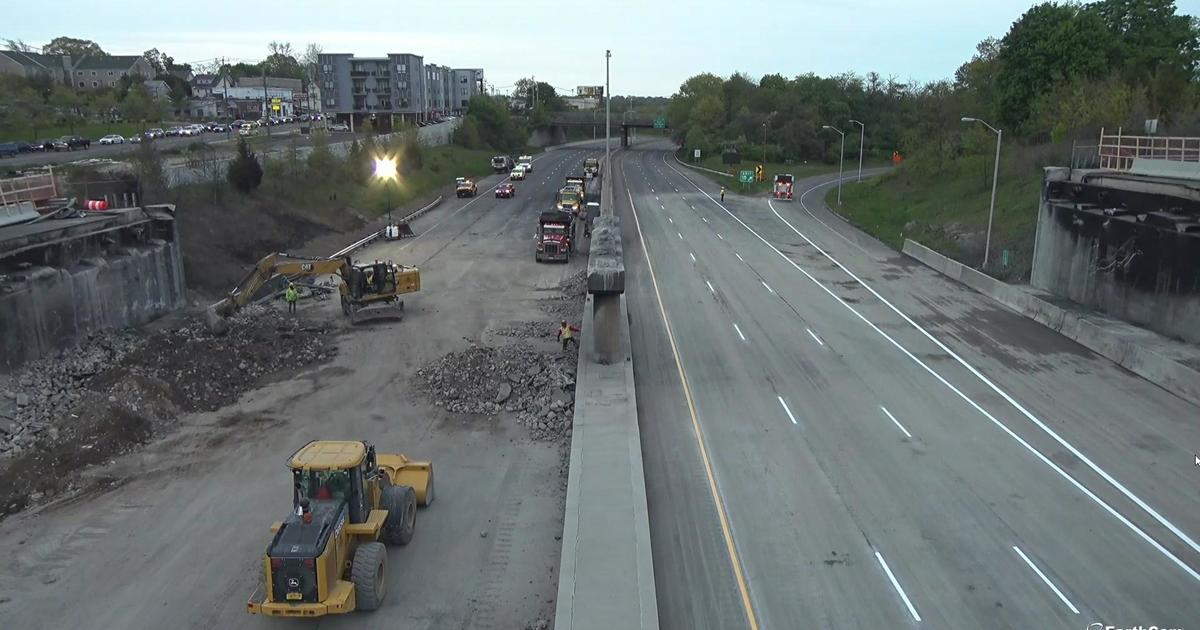The Breaking Point: The Cost Of Decongestion
NEW YORK (WCBS 880) -- Ever since April 7, 2008, congestion pricing has been a tailpipe dream.
But now, a decade later, as black cars and box trucks multiply, Gov. Andrew Cuomo has dug it up out of the great Albany graveyard.
"We agree with the governor. It's a policy whose time has come," said Jon Orcutt, with TransitCenter, a transportation think tank. "You don't fill up skyscrapers with people driving in. You fill them in with high-capacity transit, and that's the subway."
Now there's urgency to find a way to find it. But the thing is, we know nothing about the Cuomo plan – or how closely it might resemble the one former traffic commissioner Sam Schwartz drew up, known as Move New York.
"We reintroduce electronic charging at the four East River bridges, where we had tolls until 1911. We introduce it at 60th Street," he said.
Schwartz's plan would slash tolls on the outskirts of the city, like the Verrazano, Throgs Neck and Whitestone.
"The Ubers of the world all pay by mileage and time that they spend in the central business district," he said.
It's a two-birds one-stone approach: Raise money to maintain the subways and reduce traffic.
The Breaking Point: Teeming Streets
The opposition has always sounded something like what NYU's Mitchell Moss had to say.
"People who live in Brooklyn and Queens don't feel they should pay an extra fee to come into Manhattan because they're going to the dentist or because they're going for surgery," he said.
Orcutt's counter-point?
"If you have people abandoning the subway to take Uber, that doesn't help people who have to drive," he said.
Meanwhile, Mayor Bill de Blasio won't touch this with a 10-foot political tire iron.
"I don't think it's politically viable," he said.
If Albany has any appetite for his subway-funding alternative, a tax on the rich, it hasn't shown itself yet.
"So, I've got a lot of other things to do in the meantime," he said.
Like getting reelected.
"I think it's kind of a political position he's taking prior to the election," Orcutt said. "Once the governor comes out with a plan whose pieces can be seen and debated and worked over, we're hopeful that he'll come to the table, as well."
To overcomplicate things – there's a municipal law expert at NYC, named Roderick Hills, who says the city actually does have the power to implement congestion pricing without the state, based on a 1950s law.
"So it's strange to me to hear the city repeatedly say, 'We've studied this and we don't have the power,'" he said.
But most experts seem to think the only way for the city and the state to work together.
"I think we need two men to get in a room, and that's the mayor and governor," Schwartz said.
Next week, we'll bring it all home. What must we do as a city, state, region and nation to avoid truly reaching the breaking point? Until then, safe travels.
Find more from "The Breaking Point" by clicking here.



